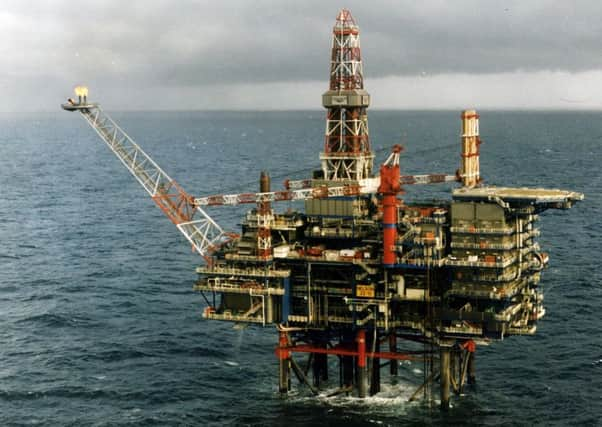Uncertainty over oil price hindering energy M&A surge


Global law firm Clyde & Co, which has four offices in Scotland, said only 22 per cent of senior executives are “prepared to adopt an aggressive or opportunistic stance” while 78 per cent are taking a more hesitant approach.
The findings come as the oil price yesterday touched its highest level this year, rising to about $43 a barrel on the back of hopes that a meeting of oil producers will see them agree measures to address oversupply.
Advertisement
Hide AdAdvertisement
Hide AdClyde & Co said that rather than focus on M&A, oil businesses are looking to bolster their balance sheets, cutting costs to boost profitability by, for example, deferring or cancelling billions of dollars’ worth of projects, and significantly reduce headcount.
Tens of thousands of North Sea jobs have been lost and revenue has plummeted due to the oil price falling.
Philip Mace, corporate partner at Clyde & Co, said: “Businesses are clearly still assessing their options in order to make a more calculated approach to M&A.
“There are still several obstacles blocking M&A activity; volatility in the oil price is the main one. When the price has shifted so significantly, and predictions about the future vary widely, it is often difficult for sellers and buyers to agree on suitable valuations.”
Clyde & Co also found that appetite amongst senior oil and gas executives for strategic business growth or acquisition opportunities hit 45 per cent, exceeding the 31 per cent looking to offload assets.
“These figures suggest that many businesses are planning a tactical approach to invest in future growth at attractive prices, but many potential sellers may still be delaying disposal decisions,” the law firm said. It also cited industry experts predicting earlier this year that sellers could be pressurised to try for deals if oil prices stayed below $35 a barrel, but the rebound may prompt them to hold fire.
However, Clyde & Co added that the oil-price volatility and tight supply of capital have led businesses to remain focused on restructuring, with reorganising entire businesses and asset portfolios the most popular priority for the coming year at 32 per cent.
Mace said “streamlining operations, focusing on core business and dealing with unprofitable areas are vital”.
Advertisement
Hide AdAdvertisement
Hide AdThe second-top priority at 21 per cent was concentrating on smaller and more flexible capital-light projects, enabling energy companies “to reduce their overheads whilst still focusing on growth”.
Next on the list at 15 per cent was moving into new growth markets. Mace said that for a “small minority of better-resourced, more agile” oil firms, “taking a pro-active approach to increasing penetration of growth markets now makes sense”.